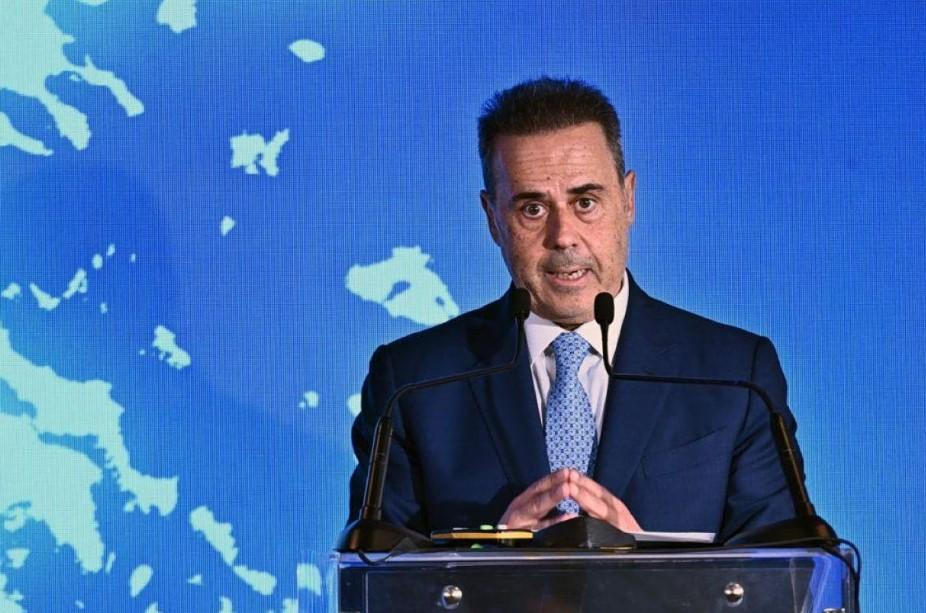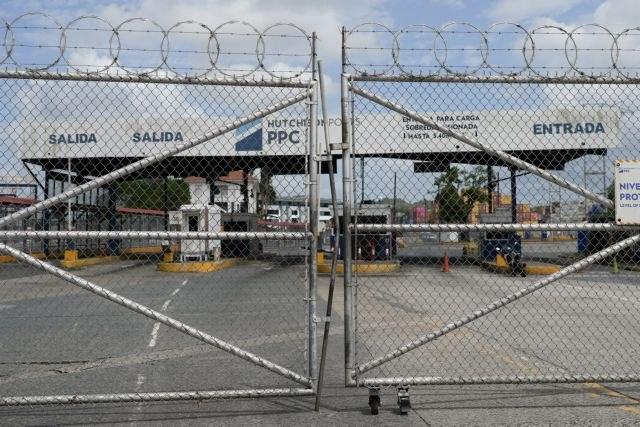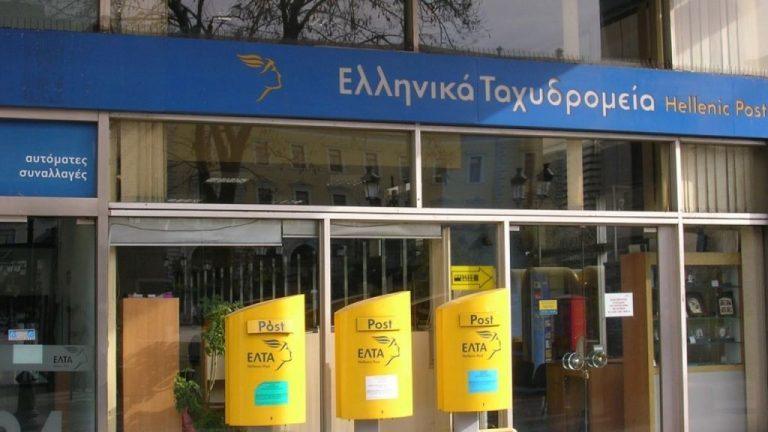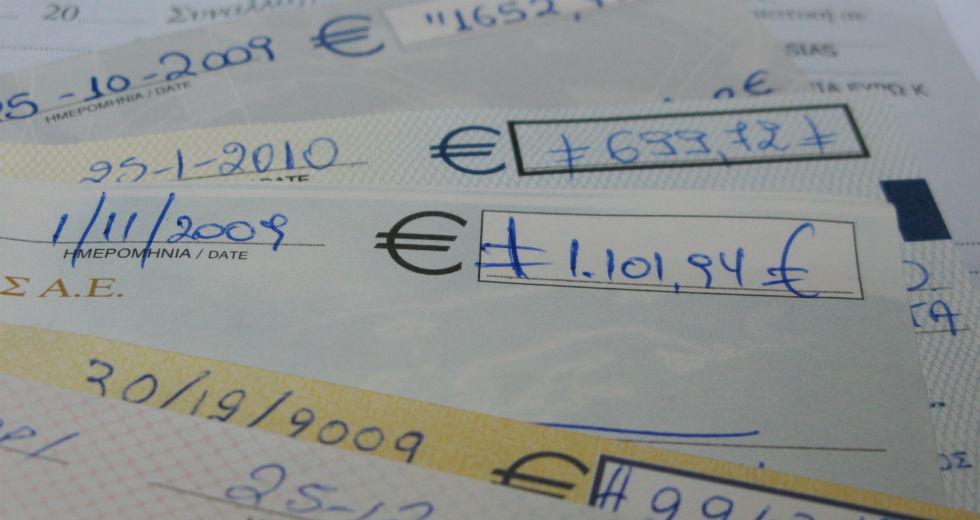Suppliers are talking about restricting competition in the electricity market after the proposals for electricity bills presented to them by the Energy Regulatory Authority (RAE).
According to information, RAE last Friday, on the occasion of the increases in the electricity tariffs of households and businesses, called the supply companies (PPC, large and small private providers) in a teleconference.
The intervention was announced by the President of the Authority Athanasios Dagoumas himself during his speech at the International Energy Conference of Crete, citing the need for market transparency and consumer protection.
According to sources of OT.gr, Mr. Dagoumas during the internet meeting with executives of suppliers presented four proposals, which according to the reasoning of the Authority bring the results of transparency and better information for electricity consumers:
1. Abolition of “fixed” rates in the accounts
According to RAE, it is difficult for households and businesses to understand the difference in the price per kilowatt hour in relation to the charge of the fixed rates. The offers made by companies by lowering the price of the fixed rates and raising the cost per kilowatt hour, or vice versa, cause confusion to consumers. In this context, RAE suggests the abolition of the fixed rates.
2. Ceiling in the System Limit Value clause
The Authority proposes to the supply companies the provision to consumers of alternatives of fixed and fluctuating electricity tariff. In programs with floating tariffs, it is suggested to set a maximum of 30% in the increase and decrease of the clause that the companies activate when they are burdened with the costs of the wholesale market.
3. Abolition of the early exit clause
The argument of this proposal, according to information, has to do with the need to increase customer mobility between companies.
4. Quarterly check for offers
RAE suggests audits to supply companies in order to investigate whether the offers made for free electricity or fixed in the first two, three months and so on. include below-cost prices and are an aggressive practice against competition.
Supplier reactions
As reported to OT.gr by suppliers, the above-mentioned proposals essentially “standardize electricity bills, create facsimile bills”. They claim that in this way “the market and the competition are closed, while at the same time they create suffocating economic conditions, especially for the small electricity supply companies”.
The same sources point out in particular on the issue of the ceiling in the clause that “since in the wholesale market there are no cost compensation tools which are burdened by suppliers with large increases in wholesale prices, the ceiling is a big risk for the viability of companies ».
RAE is nowhere to be found
ΟΤ.gr sought to contact the president and the press office of RAE in order to record the positions of the Regulator for last Friday’s teleconference with the electricity supply companies.
However, until Sunday, July 18, neither the president of the Authority nor the press office responded, despite the written request of OT.gr. They did not even announce whether or not the questions we asked RAE on the issue of electricity bills and teleconferencing would be answered.








































